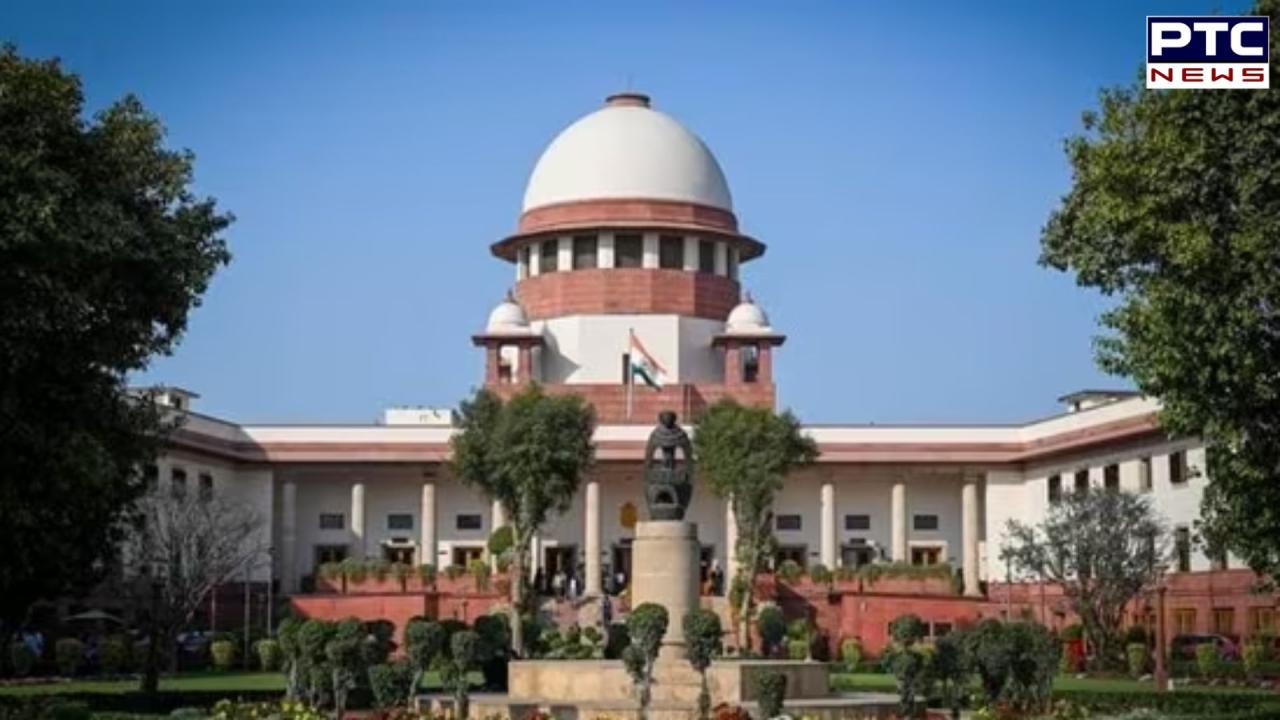- March 26, 2025
- Updated 2:22 am
Centre tells Supreme Court: ‘No need to criminalise marital rape’
- 57 Views
- admin
- October 3, 2024
- Latest News
PTC News Desk: The Centre has informed the Supreme Court that there is no need to criminalise marital rape, asserting that other punitive measures are already in place to address the issue. The government also emphasised that it is not within the Supreme Court’s jurisdiction to criminalise marital rape, as the matter falls under the legislative domain.
In its submission, the Centre argued that marital rape is more of a social issue than a purely legal one and that any legal decision on this matter would have profound social consequences. The Centre stressed that before any move to criminalise marital rape, there needs to be proper consultation with all stakeholders, including the views of individual states.
While acknowledging that marriage does not negate a woman’s right to consent and that any violation of consent should lead to penal consequences, the Centre pointed out that the consequences of such violations within the institution of marriage differ from those outside of it.
In a marriage, the expectation of consensual sexual relations exists, but this does not grant a husband the right to force his wife into non-consensual sex. However, the Centre expressed concern that punishing such acts under existing anti-rape laws may be “excessive and disproportionate.”
Also Read: IndiGo addresses viral video of pilot refusing to operate Pune-Bengaluru flight
The government also noted that Parliament has already implemented legal protections for married women, such as laws penalising cruelty within marriage. The Protection of Women from Domestic Violence Act, 2005, was highlighted as one of the measures designed to safeguard a married woman’s rights within the institution of marriage.
Furthermore, the Centre argued that marriage encompasses multiple facets beyond the sexual relationship, and given the socio-legal context of marriage in India, any drastic legal change, such as criminalising marital rape, could impact the institution of marriage itself. The Centre concluded that if the legislature believes the protection of marriage is essential, it would be inappropriate for the judiciary to intervene by striking down the current legal exceptions.
This submission underscores the government’s view that such a decision should rest with Parliament rather than the judiciary, considering the broader social implications of redefining marital rights and responsibilities.
Also Read: ADB approves $162 million loan to boost sustainable tourism development in HP
Recent Posts
- Crown of goddess Kali, gifted by PM Modi, stolen from temple in Bangladesh
- Hezbollah leader survives assassination attempt amid Israeli strikes that kill 22 in Beirut
- ਕ੍ਰਿਕਟ ਦੇ ਬਦਲੇ ਨਿਯਮ, ਹੁਣ ਇਸ ਕੇਸ ‘ਚ ਦੁਬਾਰਾ ਨਹੀਂ ਮਿਲੇਗੀ ਬੈਟਿੰਗ, ਮੰਨਿਆ ਜਾਵੇਗਾ
- ਸਚਿਨ ਤੇਂਦੁਲਕਰ ਦੇ ਬਰਾਬਰ ਪਹੁੰਚੇ ਜੋ ਰੂਟ, ਪਰ ਵਿਰਾਟ ਦੇ ਇਸ ਰਿਕਾਰਡ ਤੋਂ ਅਜੇ ਵੀ ਦੂਰ
- Ratan tata death: ਸਿਰਫ ਵੋਲਟਾਸ ਹੀ ਨਹੀਂ, ਸਵੇਰ ਤੋਂ ਰਾਤ ਤੱਕ ਤੁਹਾਡਾ ਕੰਮ ਟਾਟਾ ਦੇ ਬਿਨਾਂ ਨਹੀਂ ਚੱਲ ਸਕਦਾ
